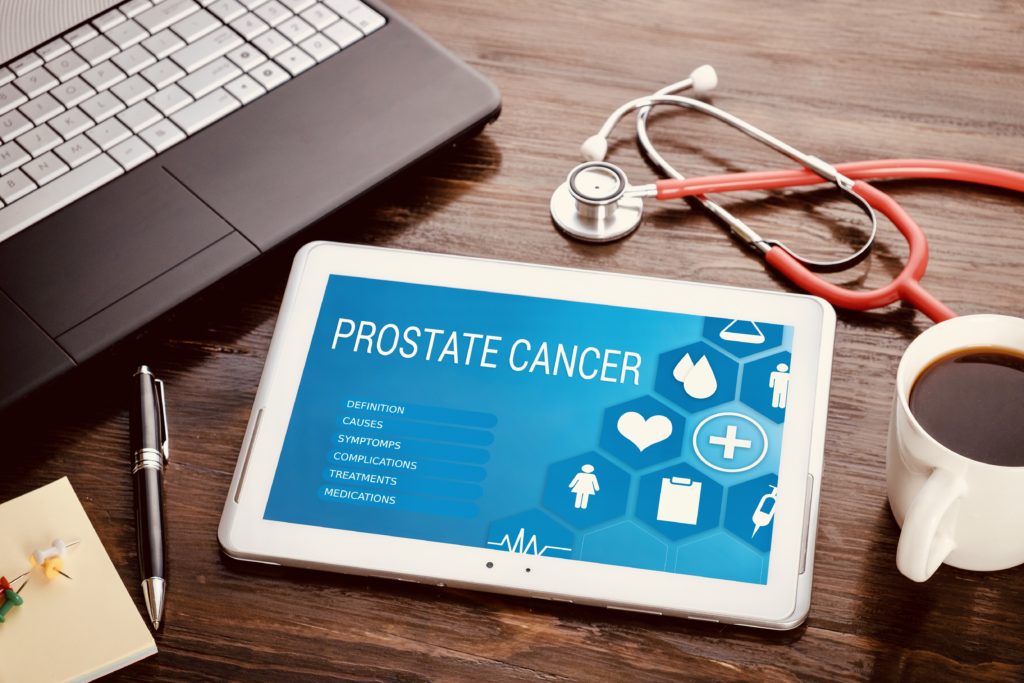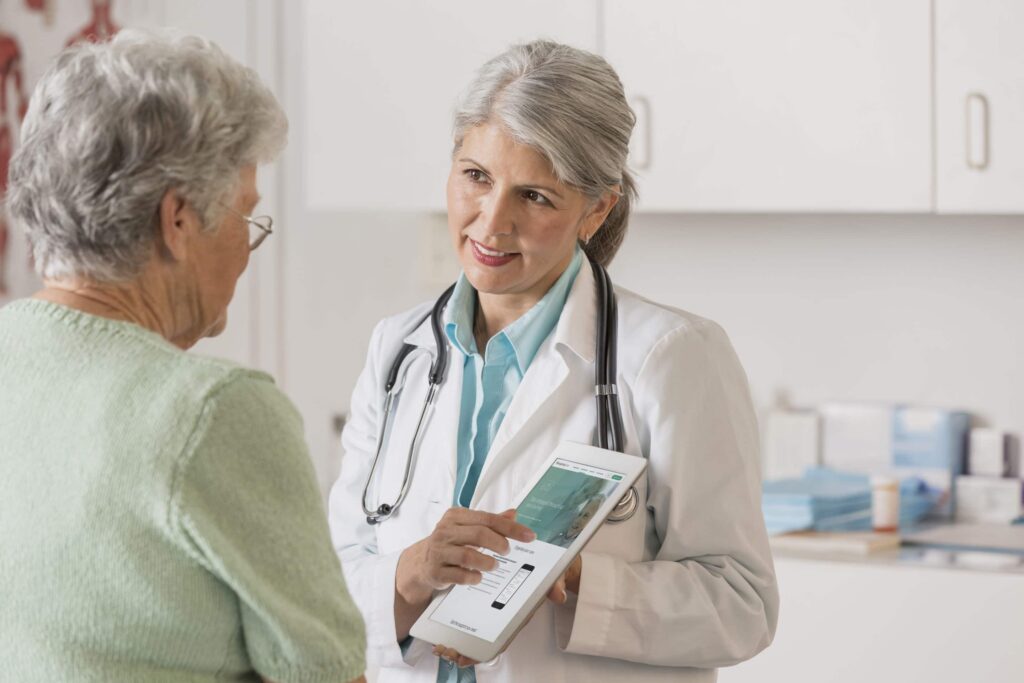
Did you know that half of Americans believe that pharma advertising is not relevant to them? Yet, 50% prefer to receive more targeted ads that are applicable to their medical condition.
The impact of COVID-19 has been a defining factor in the exponential growth of digital advertising. Pharmaceutical brands shifted their priorities into digital channels that reach audiences at home. This year alone, the healthcare and pharmaceutical digital marketing ads increased 18% over last year. Some brands such as Eli Lilly’s Verzenio digital spend is up 686% and others follow, with no sign of stopping.
The research found that patients do not feel well-informed, and they would prefer targeted education at the time they are making treatment decisions.
Yet, in spite of this increased spending, patients do not feel well-informed. DeepIntent [1] conducted a study to understand how patients viewed pharmaceutical ads and if the ads had any impact on their decision-making or their health. The research found that patients do not feel well-informed, and they would prefer targeted education at the time they are making treatment decisions. The current pharma direct-to-consumer (DTC) digital ad marketing approach to target patient groups isn’t working and needs a different approach.
Another, DeepIntent case study research found that targeted ads reaching patients and providers at the same time before visits resulted in up to 35% prescription lifts. Pharma companies can make the most of their digital marketing ad dollars if they deliver relevant content to both patients and providers and set them on a path to better health. DTC advertising and strategies must become relevant to the patient’s specific disease and drug therapy treatments to make a positive impact on health outcomes. Targeted ads prompt greater awareness and empower patients to have more effective discussions with their providers. Furthermore, the study found that 75% of those surveyed believe that the more informed and educated patients are, the better their health outcomes will be.
The better the patient understands their disease and medical treatment, the more likely they are to be compliant with the doctor’s recommendations and medical adherence.
There has been evidence about the tremendous value of patient education. The better the patient understands their disease and medical treatment, the more likely they are to be compliant with the doctor’s recommendations and medical adherence. Cancer treatments can be very intimidating and tough on patients and those that care for them. And, a patient that is well-informed about their disease, label instructions, and potential side-effects of any intervention will ensure that they have reduced complications related to their illness.
In 2017, a study published at ASCO [2] shared the results of evaluating the effect of Navigating Cancer’s digital education program on patient time on therapy and one-year survival. Patients who received targeted education experienced a mean increase of 50 days on therapy and a 13% increase in one-year survival.
Telehealth technologies such as Navigating Cancer, enable pharmaceutical manufacturers to send relevant information to highly targeted and engaged patients.
Navigating Cancer technology has emerged as an essential component of healthcare during Covid-19. By embracing the power of telehealth innovations, pharmaceutical manufacturers can build more effective interactions with patients and providers. Navigating Cancer’s patient-centric business model enables pharma to precisely reach patients as part of the trusted patient-relationship management ecosystem already promoted by their providers. The capabilities of our patient education program help pharmaceutical manufacturers reach highly engaged patients and educate them about their disease and drug therapy treatments.
How do we do that?
Navigating Cancer’s technology is powered by extensive clinical electronic health records (EHR) data, allowing us to reach patients based on their disease and prescribed drug therapy treatments. With more than 2,600+ providers and 1.5M patients on the Navigating Cancer platform, we are the industry leader in oncology patient engagement.
Pharmaceutical manufacturers can reach targeted patients at the right time with relevant information by integrating Navigating Cancer into their marketing and communications strategy. Timely, personalized education helps facilitate informed patient-provider decision-making, establishes trust, enhances patient outcomes, and improves pharma’s brand performance.
To see a demo of how Navigating Cancer can transform your patient education and engagement strategies, contact us today.
—–
